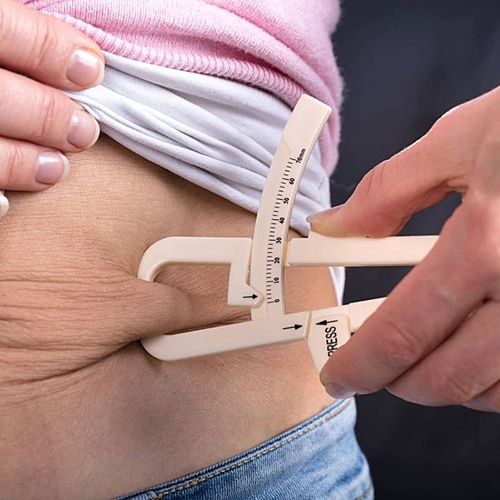In addition to treating severe obesity, bariatric surgery now is touted by many hospitals as a "cure" for type 2 diabetes- but research shows that it actually may just mask certain characteristics of the disease. Although the procedure does in fact improve levels of hemoglobin-Ale (a marker of long-term blood sugar control) and fasting blood glucose, both markers of diabetes, continuous glucose monitoring shows that that isn't the whole story. It turns out that even after patients achieve weight loss as a result of having bariatric surgery, their blood sugar levels are still apt to spike after meals... which means that diabetes is not cured.
Improvement, Yes-Cure, No
Bariatric surgery is weight-loss surgery that modifies your digestive system to limit how much food you can eat. There are various types. In Roux-en-Y gastric bypass (RYGB) surgery, the most frequently performed bariatric procedure, the surgeon staples the stomach to create a small pouch and a passage for food to bypass part of the small intestine. In a paper presented at an annual meeting of the American Association of Clinical Endocrinologists, Anna Marina, MD, a senior clinical research fellow at the University of Washington (together with Dace L. Trence, MD) presented research raising important questions about the claim that the surgery banishes diabetes. Titled "Is Diabetes Mellitus Really Cured by Gastric Bypass Surgery?," the study presented the case of an obese 55-year-old man with diabetes who had RYGB surgery...
Immediately following surgery, his insulin requirement was reduced from 100 units a day to just 30.
Four months later, he had lost 100 pounds and his fasting blood glucose (FBG) and hemoglobin (A1C) measurements had become nearly normal, enabling him to stop taking insulin.
But there was a catch: Further testing of his after-meal (postprandial) glucose revealed blood sugar levels above 200 mg/dl-a level consistent with diabetes. The patient needed to take another drug-the oral glucose-lowering medication repaglinide (Prandin)-to bring his postmeal glucose to a safe level.
What It Means
According to Dr. Marina, this case suggests that while gastric bypass surgery can result in significant improvements in diabetes, even its remission, it cannot be considered a cure.
Further research is in order, but in the meantime Dr. Marina recommends that doctors begin to use a different measure (either postmeal glucose testing or continuous glucose monitoring, which requires implantation of a sensor) to more accurately track diabetes in people after gastric bypass surgery.
A better bet: Diet and Exercise
As with any major surgery, gastric bypass has serious-even life-threatening-risks. Dangers aside, do not make the mistake of believing gastric bypass gives you a free pass on diet and exercise. Indeed, success after surgery is contingent on making a lifelong commitment to changes in eating and exercise habits. It's not miracle surgery.
